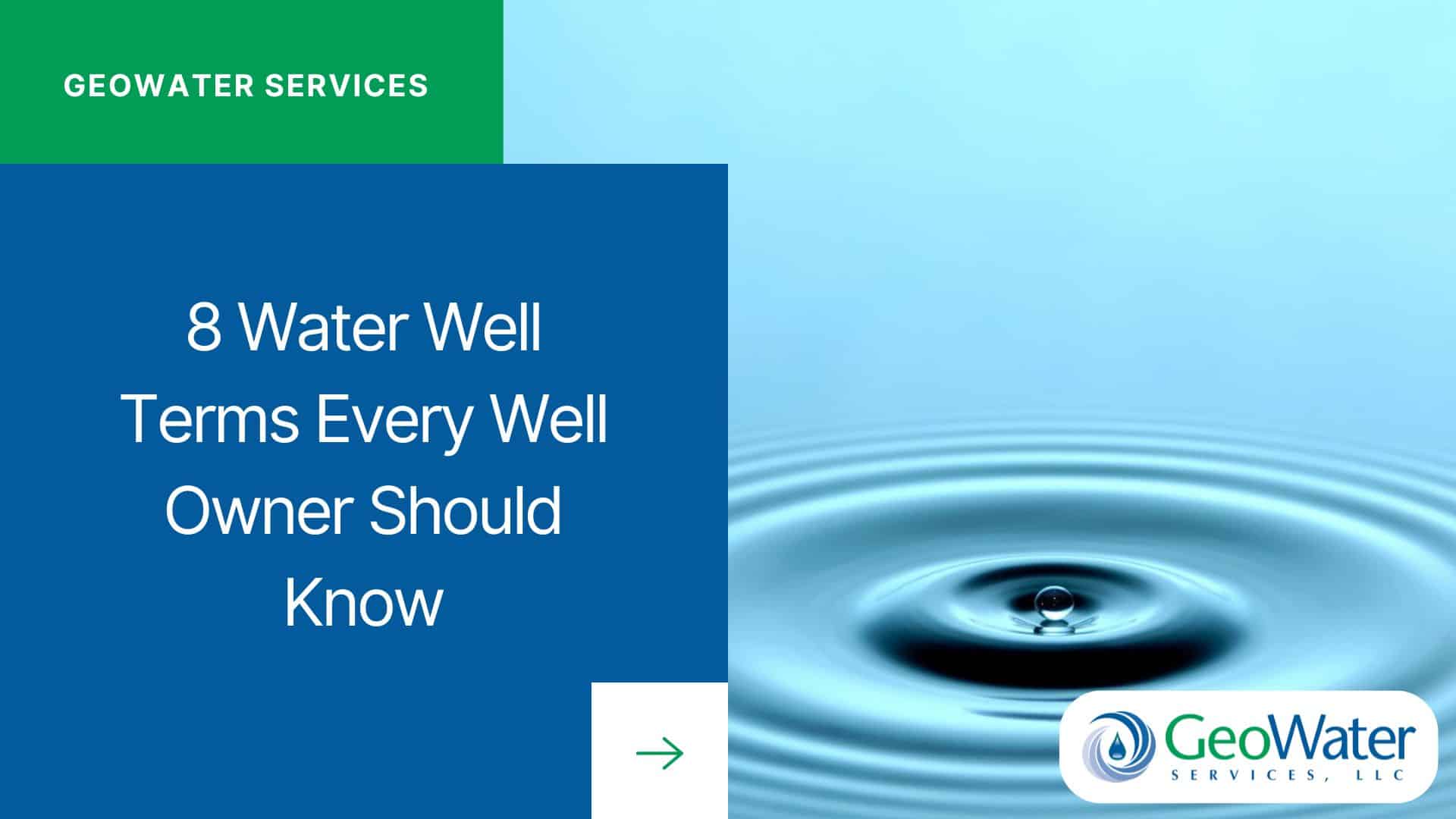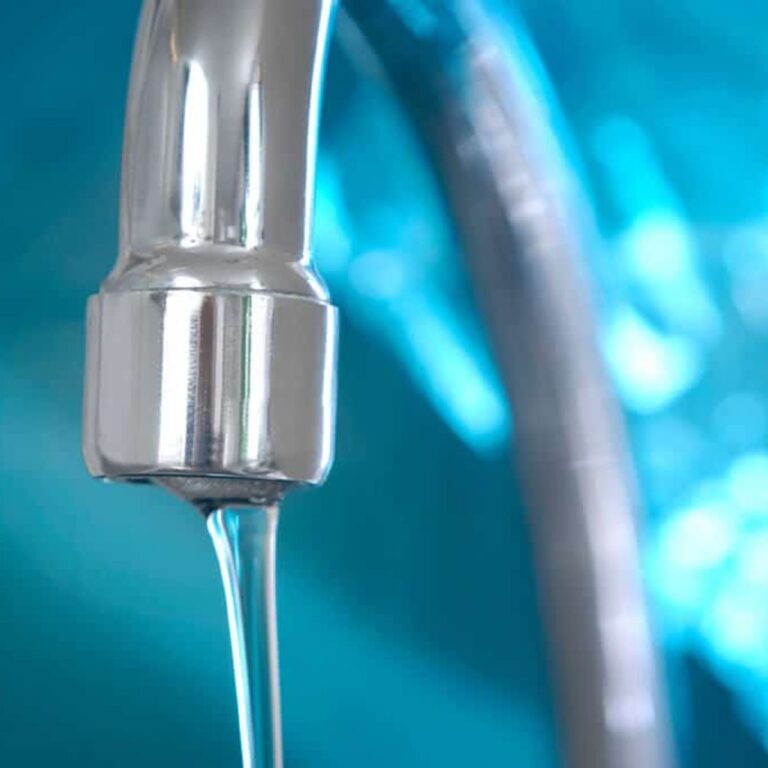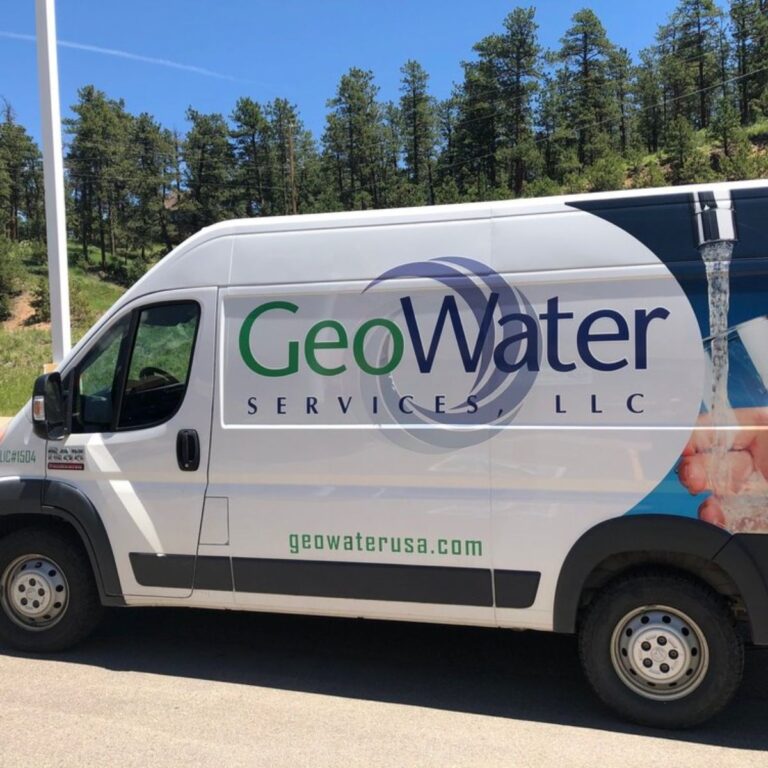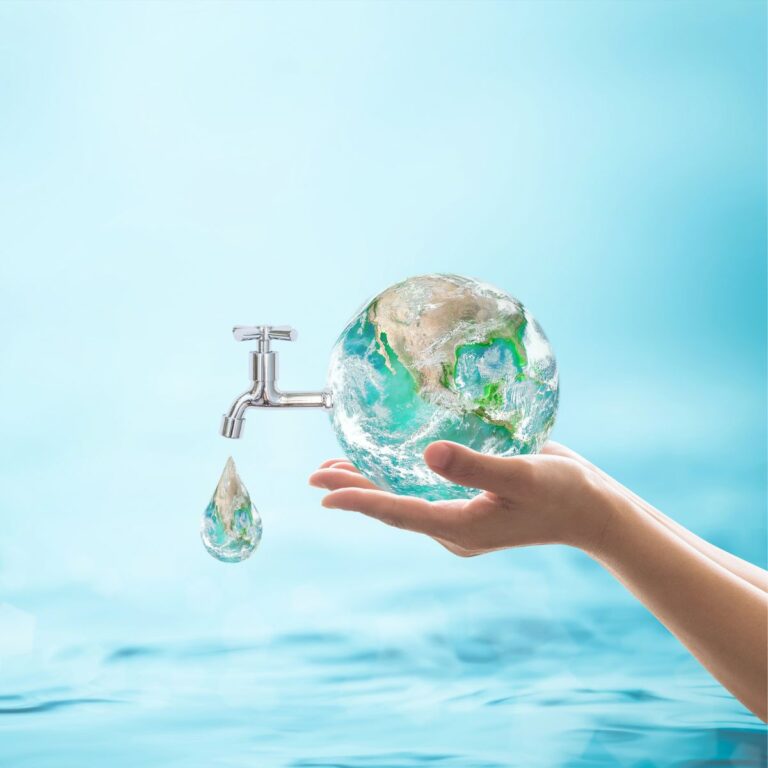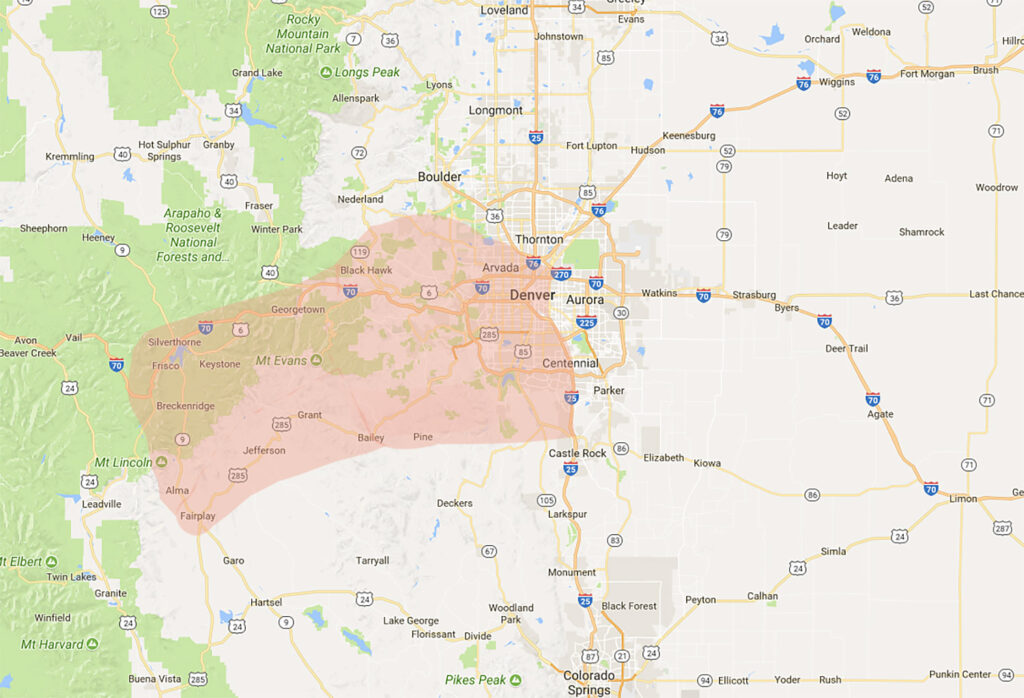8 Water Well Terms Every Well Owner Should Know
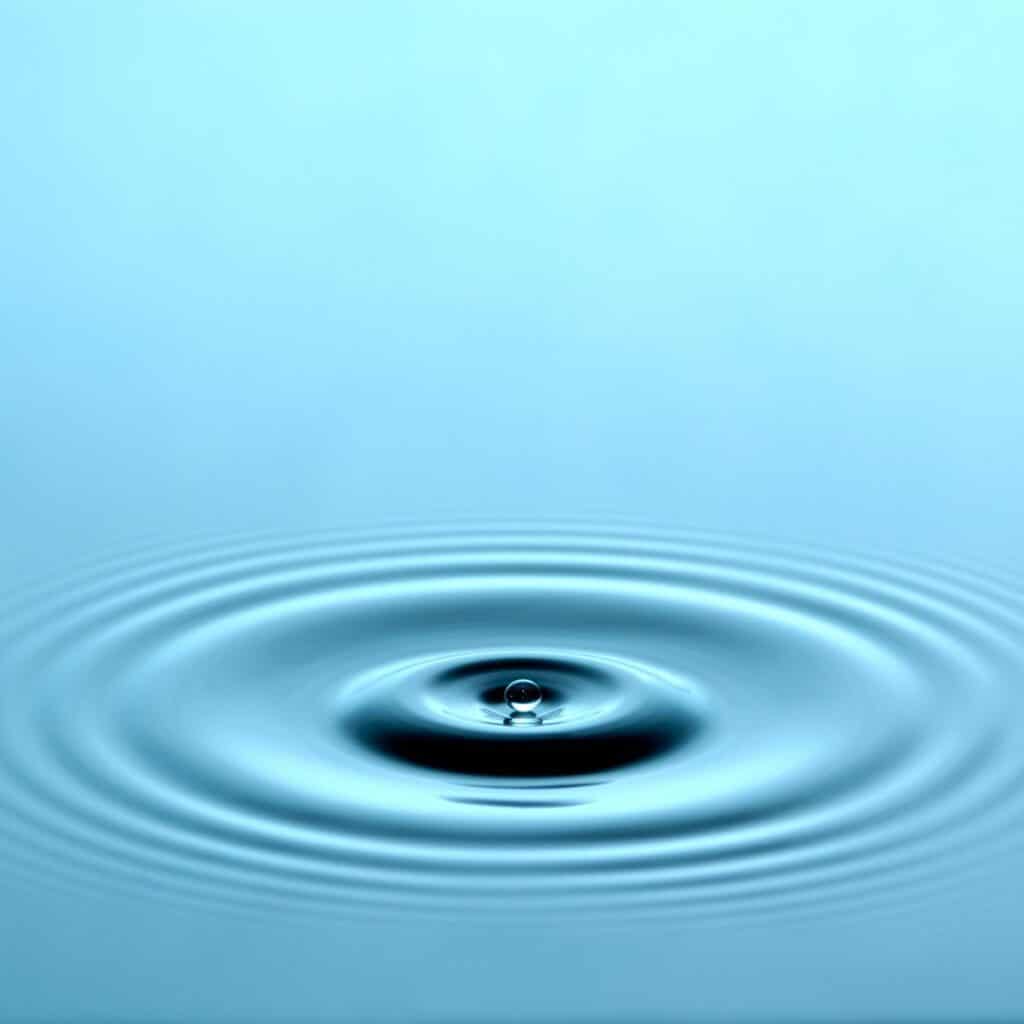
Owning a water well is a valuable asset, especially for homeowners, businesses, and communities in Colorado relying on private well water. To ensure you maintain and optimize your water well system, it’s essential to understand some fundamental terms related to water wells. At GeoWater Services, we believe that well-informed customers make better decisions.
Here are eight key water well terms every well owner should know.
1. Well Casing
The well casing is a crucial component, typically a pipe made of steel or PVC, that lines the drilled hole in the ground. It prevents the sides of the well from collapsing and keeps surface contaminants from entering the water supply. Proper casing is vital for protecting your water well’s integrity and ensuring clean, safe water.
2. Well Screen
Located at the bottom of the casing, the well screen filters out sand, gravel, and other debris while allowing water to flow into the well. The screen’s design and material vary based on the aquifer’s characteristics. A well-maintained screen means less sediment and longer pump life.
3. Static Water Level
This term refers to the natural level of water in the well when no water is being pumped. Knowing the static water level helps in assessing the well’s recharge rate and overall health, which is essential for proper well management.
4. Drawdown
Drawdown is the difference between the static water level and the water level while the pump is running. It indicates how much water is being drawn from the aquifer. Excessive drawdown could signal a pump sizing issue or declining aquifer levels and needs to be monitored closely.
5. Aquifer
An aquifer is a geological formation that stores and transmits groundwater. Understanding the type of aquifer supplying your water well helps optimize drilling, pumping, and treatment methods suited to local conditions, which our experts at GeoWater Services are always ready to discuss.
6. Pump Setting Depth
This term defines the vertical distance from the ground surface to the pump’s location in the well. Correct pump setting depth is critical for maintaining efficiency and avoiding damage. If you experience intermittent water supply or pump strain, the depth might need adjustment.
7. Well Rehabilitation
Well rehabilitation involves maintenance procedures such as cleaning, repairing casing, or pump replacement to restore or improve a well’s performance. Regular well rehabilitation extends the life of your system and prevents costly emergencies—services we proudly provide throughout Colorado.
8. Well Yield
Well yield is the amount of water your well can produce, usually measured in gallons per minute (GPM). Knowing your well’s yield helps manage water usage effectively and plan for future demands, especially for larger households or commercial needs.
Understanding these essential water well terms empowers you to communicate more effectively with professionals and make informed decisions about your well water system. At GeoWater Services, we are committed to offering expert consultation, quality service, and prompt, reliable solutions tailored to your needs in Colorado’s mountain and front range communities.
Contact us today to learn more about water well terms. We proudly serve the Colorado Mountain Communities, Denver Metro Area, and Colorado Front Range (Service Areas).

